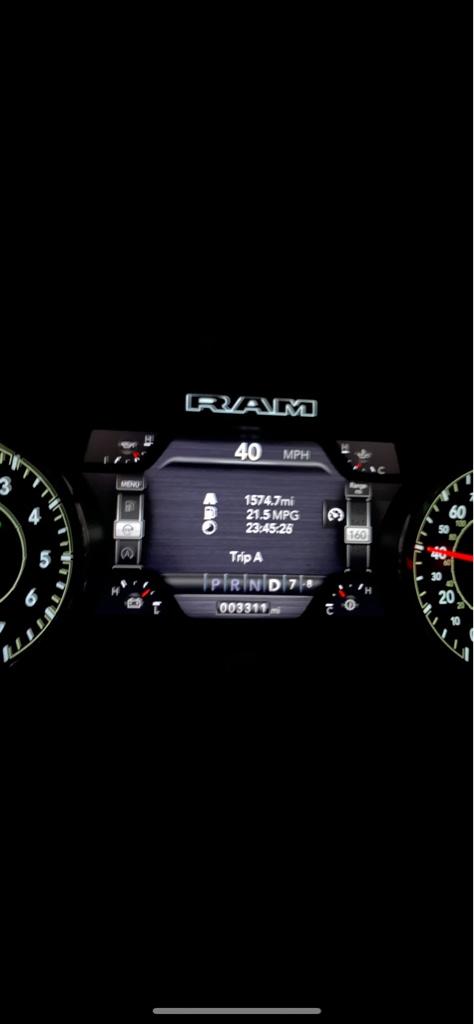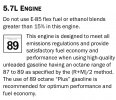You and I can hear the difference, apparently, but some feel if they don't hear it it doesn't exist

You're not going to notice a difference in two tanks, I get completely different MPG everytime I fill up, doesn't matter what I do. Maybe some always drive the same trip identically, with the same head/tail winds, the same tire pressure, the same speed, the same traffic, but I definitely don't.
The only way you will definitely prove a difference, is by data logging from the computer. When you see that pinging showing up on the cheap gas far more than on 89, that's the proof. And when you get pinging, you get reduced MPG, that's a mathematical certainty.
I don't run 89 hoping to get a bump in MPG, that's just a bonus. I just don't want my engine working against itself, and I definitely shudder when I hear it doing so.













